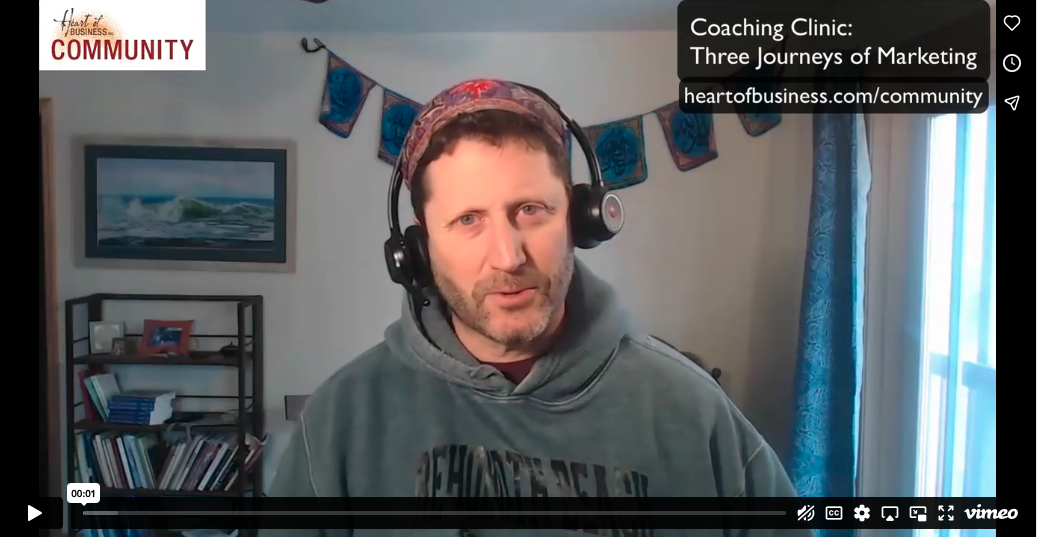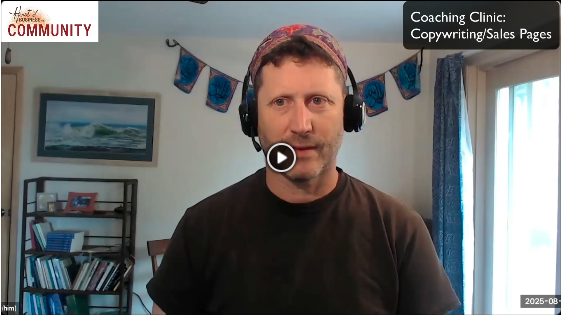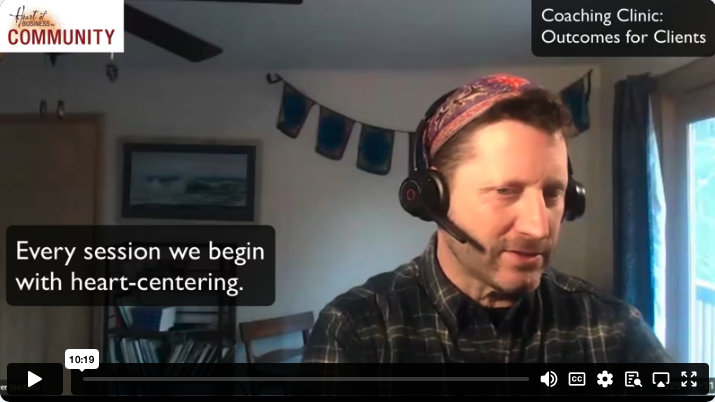“You aren’t helping anyone by leaving money on the table. That means you’re missing getting your message out or that you aren’t making a fair value for your work.” That’s a quote from Lee Stranahan within a comment he left on the Productive Flourishing blog.
As someone who grew up in punk rock culture, I happen to enjoy much of what Lee says. I want to add a caveat, however, sometimes leaving money on the table is a disservice to yourself, sometimes it isn’t.
If you’re not familiar with it, “leaving money on the table” is a phrase used in business when you miss out on money in a deal that was there for the asking. For instance, if you charge a client $200 for a service, but they would have gladly paid $500 without blinking, that’s leaving $300 on the table.
Not Fighting With Lee
For people in business who have a heart, leaving money on the table can be a problem, especially if you’re not making a living. Being afraid to know and charge your resonant price can be a problem for you and your clients. Being nervous about taking a stand can be a problem for your business. Refusing to market because you don’t want to bother people means that you and your clients miss out on the connection.
Lee is cheerleading those folks into stepping out with integrity. I applaud that. But that’s no reason to just run out and go crazy.
If worries and concerns about bothering people or doing the wrong thing are slowing you down, good for you. There is a legitimate concern here.
That Money Table is on a Slippery Slope
As I write this, millions of gallons of petroleum are floating through the Gulf of Mexico, landing on beaches and in wetlands, making their inevitable way toward the Atlantic Ocean and elsewhere. It’s an environmental holocaust, and being raised Jewish, I don’t use that word lightly.
British Petroleum (BP), the company who caused this disaster, had a reported 760 “egregious and willful” safety violations in the reporting period prior to the explosion that cracked the pipeline. Wow.
How could anyone, either within BP or the overseeing governmental agencies, allow them to get away with that?
I’m going to make a crazy-guess here that a combination of being afraid to “rock the boat” and an unwillingness to “leave money on the table” were big contributing factors. BP is a large, powerful corporation, and to whistle-blow on them could have severe consequences to any employee who stands up for what’s right. An unenviable situation at best.
Plus, oil is a big money business. When you’re at that scale, there isn’t much discussion about what is enough? Rather, the focus tends to be more-more-more, trying to squeeze every last penny out of the wells, which can lead to short-term foolish decisions to cut costs by cutting corners.
We can blame BP if we want, and they certainly bear a very heavy responsibility here. Yet the truth is that our entire economy is founded in this more-more-more mentality.
When that shows up in the same space as “trying to shine your best” within a small business, the whole thing starts looking a little blurry. It can be very difficult to discern between going full out with your heart and just going full out period and losing touch with a sense of sufficiency and enough-ness.
The entire Gulf of Mexico may not be at risk if you mess up in your decisions, but the idea of leaving an oil slick in your heart or on your customers is enough to give anyone pause.
When Do You Leave Money On the Table?
We sent out a good number of email notices about our Heart of Money course, which started last week. Once the early-bird deadline came, there were still spots left in the course, but I made the decision to stop promoting other than simple reminders at the end of the weekly article.
A few more people probably would’ve signed up before the deadline, but I heard an internal “click” in my heart say, “Enough. The right people have arrived. A few more will come; time to stop.”
So I stopped. And a few more people did evidently feel it was the right thing to sign up, but not because I sent out more notices.
I’m curious if you have stories of when you’ve heard that internal voice say, “Enough.” And how could you tell that it was the right thing to do, and not just fear keeping you small?
Come share your thoughts in the Tent. Let’s inspire each other to do the right thing without just reacting to fear, even if we haven’t squeezed every last coin out of the deal.






